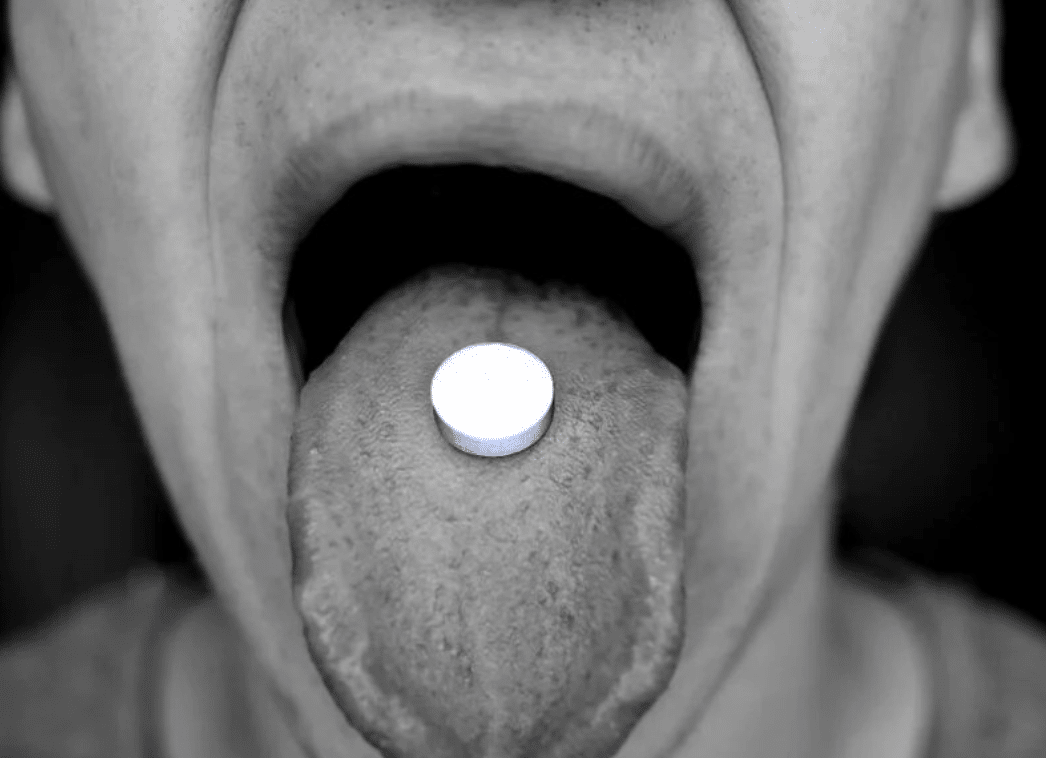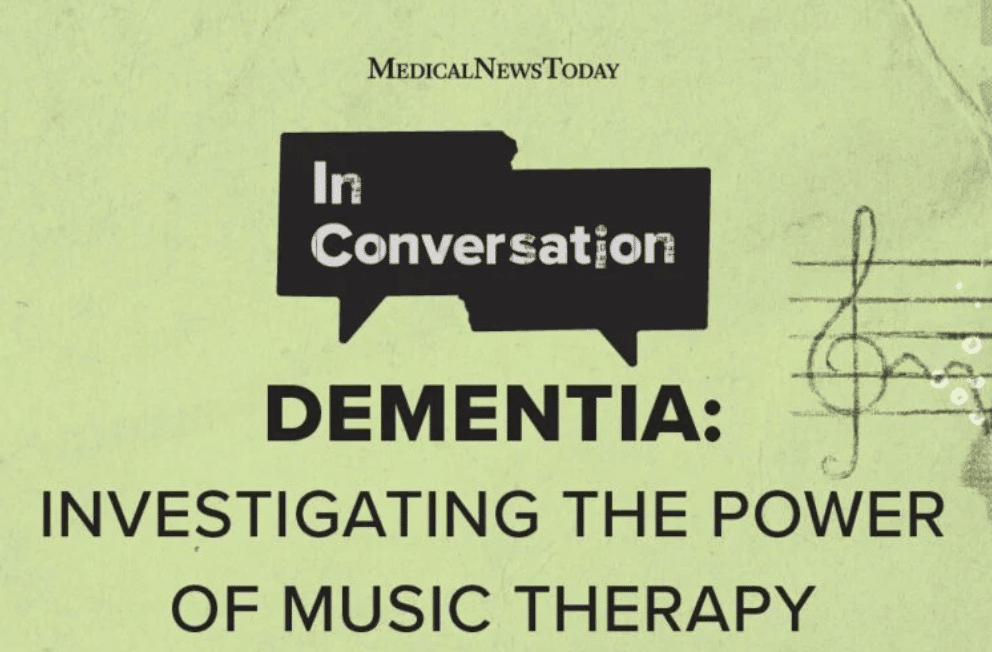Is a decline in mental ability and cognitive function just a normal part of getting older? Medical advancements have resulted in an aging population and subsequently an increase in age-related mental health problems like Alzheimer’s disease and other forms of dementia. Though it is a commonly touted belief that this type of severe cognitive decline is an unavoidable part of getting older, several studies have proven conclusively that, in many cases, dementia can be prevented.
Cognitive decline simply means that your brain no longer works as well as it once did. Some level of this type of decline is inevitable as we get older because neurons age and the rate at which the brain functions simply slows down. Nonetheless, as reported by Natural Health 365, there are many things we can all do to dramatically reduce the rate at which this process takes place. (Related: Tea consumption declines cognitive decline in older adults.)
Putting the brakes on cognitive decline
There are several important ways in which the risk of cognitive decline can be reduced.
Avoid oxidative stress
The brain is particularly susceptible to oxidative stress which occurs when the body is unable to use antioxidants to counteract the effects of free radicals. Oxidative stress destroys neurons, damages DNA and interferes with the body’s ability to protect itself. Studies have found that Alzheimer’s patients generally have lower blood levels of antioxidants like glutathione.
Dr. Donielle (Doni) Wilson, a naturopathic doctor, professional midwife, clinical nutritionist, bestselling author and researcher, explains:
The power of the elements: Discover Colloidal Silver Mouthwash with quality, natural ingredients like Sangre de Drago sap, black walnut hulls, menthol crystals and more. Zero artificial sweeteners, colors or alcohol. Learn more at the Health Ranger Storeand help support this news site.
Free radicals are normal and necessary to some degree. In addition to causing some damage, they also stimulate repair. It is only when the amount of free radicals produced overwhelms the repair processes that it becomes an issue. That is what we call oxidative stress.
Dr. Doni recommends avoiding all sugar and processed foods; boosting the immune system to fight infection; incorporating exercise and other stress-busting activities in your daily routine; avoiding chemical toxins; and eating antioxidant rich foods like asparagus, peaches, walnuts, spinach and tomatoes to fight oxidative stress. Supplements which combat oxidative stress include glutamine, methylfolate, B12, selenium, zinc, magnesium and vitamin D.
Reduce inflammation
Inflammation is the body’s natural immune response to stimuli like pathogens, damaged cells or irritants like chemicals. While inflammation serves a useful purpose, chronic long-term inflammation has seriously negative health effects, including cognitive decline.
According to Prevention.com, three signs that you may have chronic inflammation are: You’re always tired; you get constant stomach pain; and you feel depressed a lot.
Since inflammation can be triggered by obesity, smoking, a poor diet and insomnia, making the necessary lifestyle changes can go a long way towards halting cognitive decline.
Balance your hormones
As we get older, levels of hormones like estrogen, testosterone and DHEA all decrease. These hormonal changes can affect the brain, accelerating cognitive decline. Fortunately, as noted by Natural Health 365, studies have found that supplementing with just 25mg of DHEA daily can improve cognitive function in older women.
Maintain a healthy weight
It is undeniable that as we get older it can be harder to keep our weight in check. Nonetheless, the effort is worth it because obesity is linked to lifestyle diseases like hypertension and diabetes, which in turn accelerate cognitive decline.
Natural Health 365 reported:
Abdominal fat, in particular, is associated with deteriorating brain structure. And obesity in mid-life is strongly associated with later-life dementia. In one study of over 1,000 people, subjects with the largest waist diameters at baseline were three times more likely to develop dementia over the following 30 years.
The importance of mental health
Loneliness, depression and isolation have all been linked to cognitive decline. It is therefore vitally important to get out there and socialize, building relationships and take whatever steps are necessary to deal with depressive feelings. An excellent way to socialize, get fit, fight depression and make friends all at the same time is to take up some form of group exercise.
While it may require a considerable amount of effort to make these changes, the results are certainly worth it: Improved health both now and in the future, and a strong, healthy mind right into old age.
How many pounds have you lost this month? At Dieta Efectiva you can lose 10-12 lbs your first week and 2-5 lbs every week after. Visit us dietaefectiva.netto learn more about our program.







